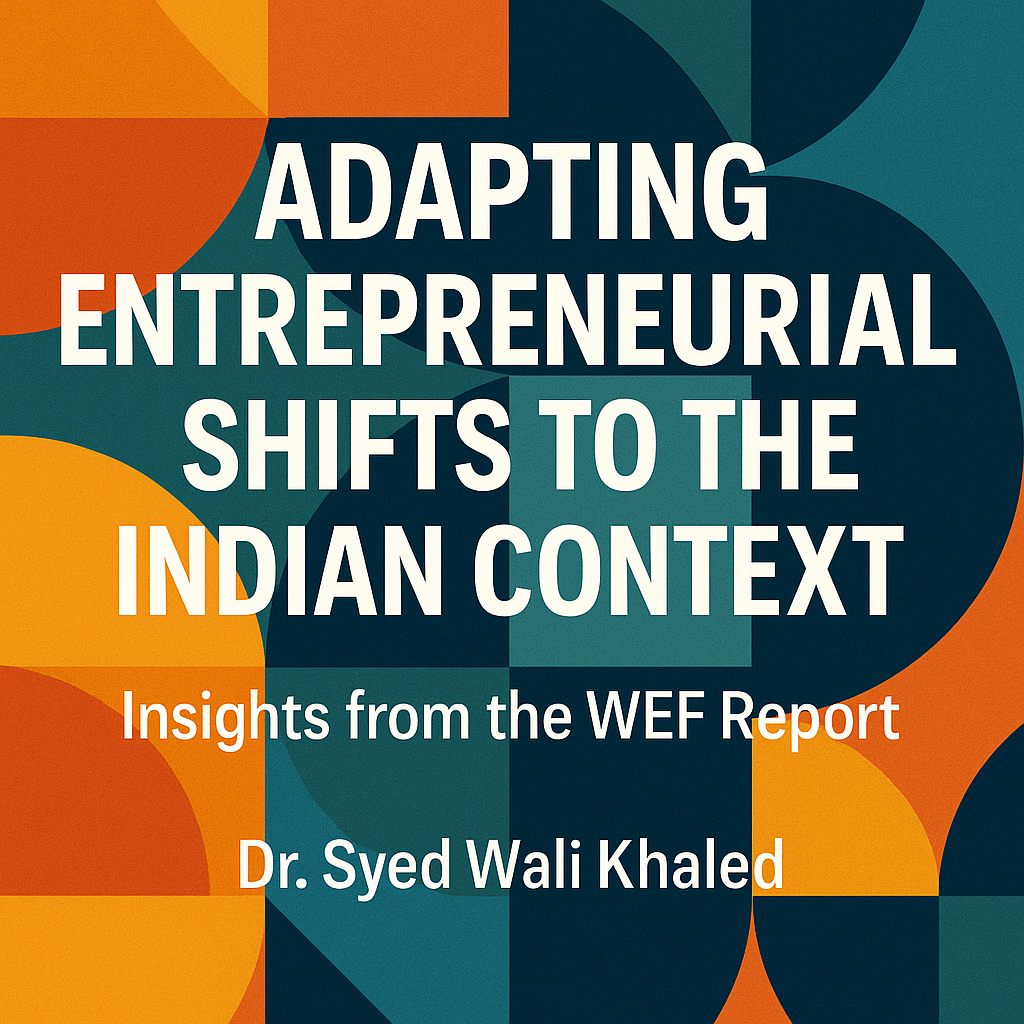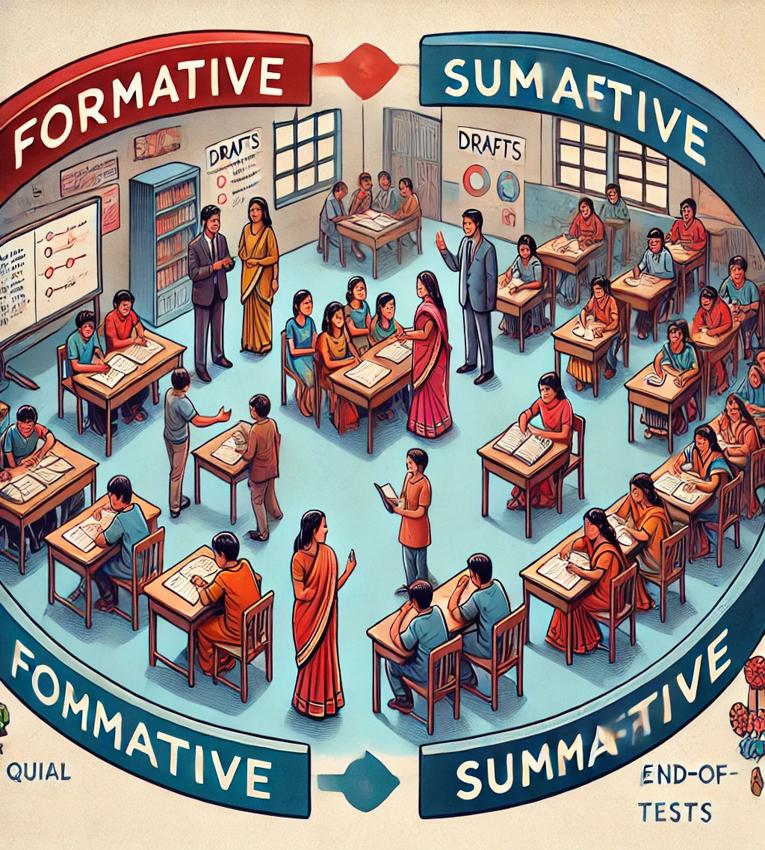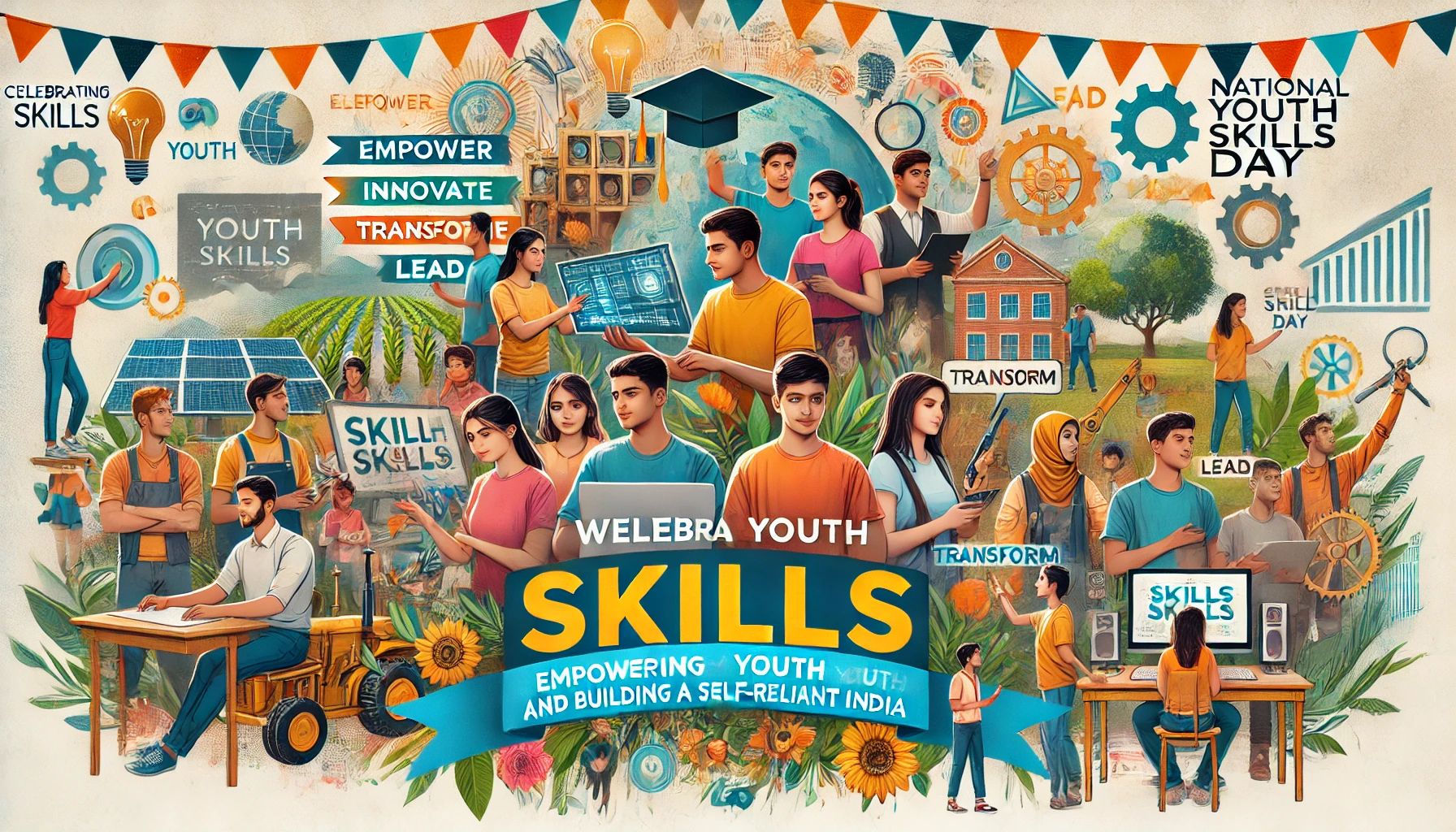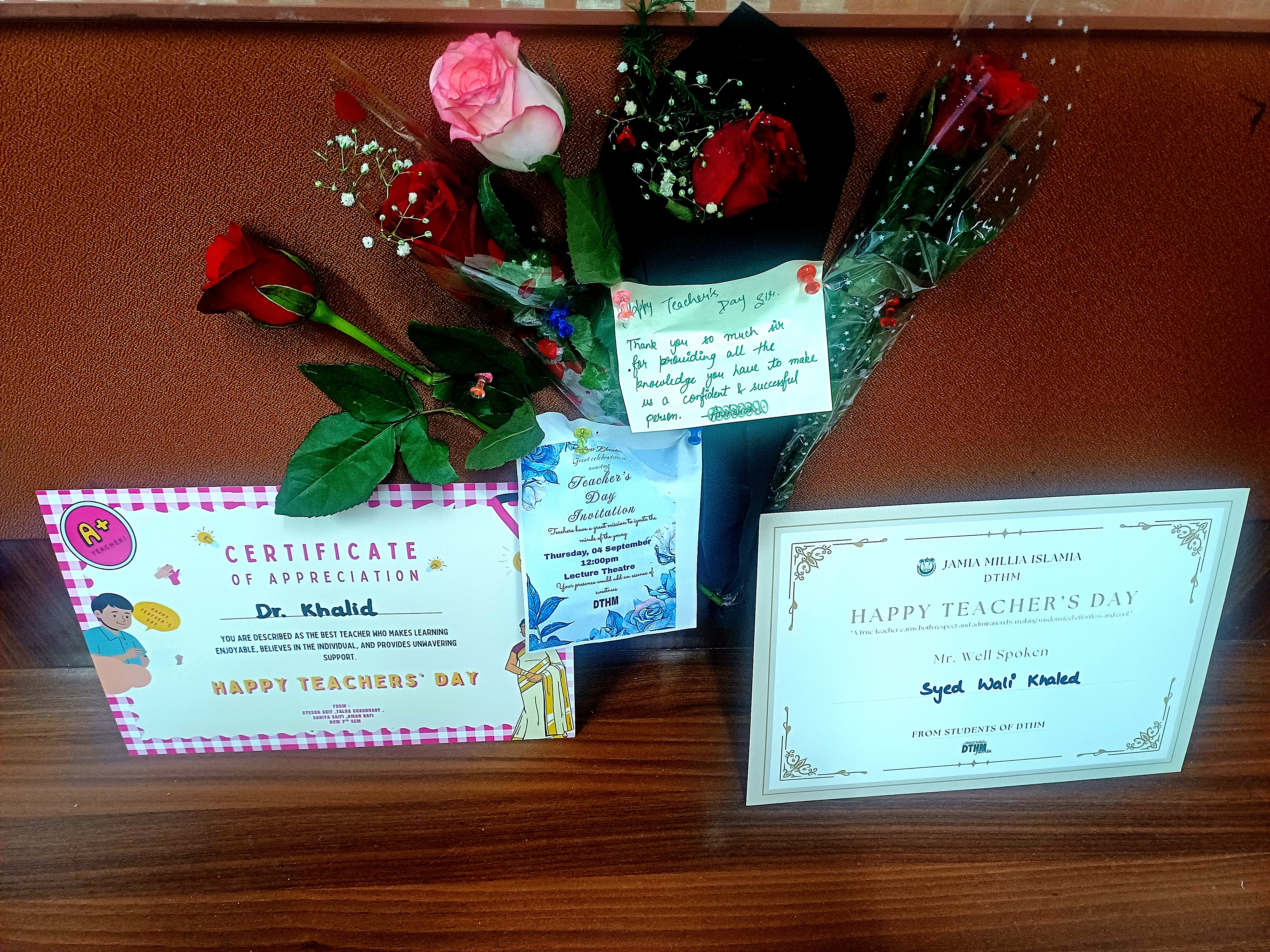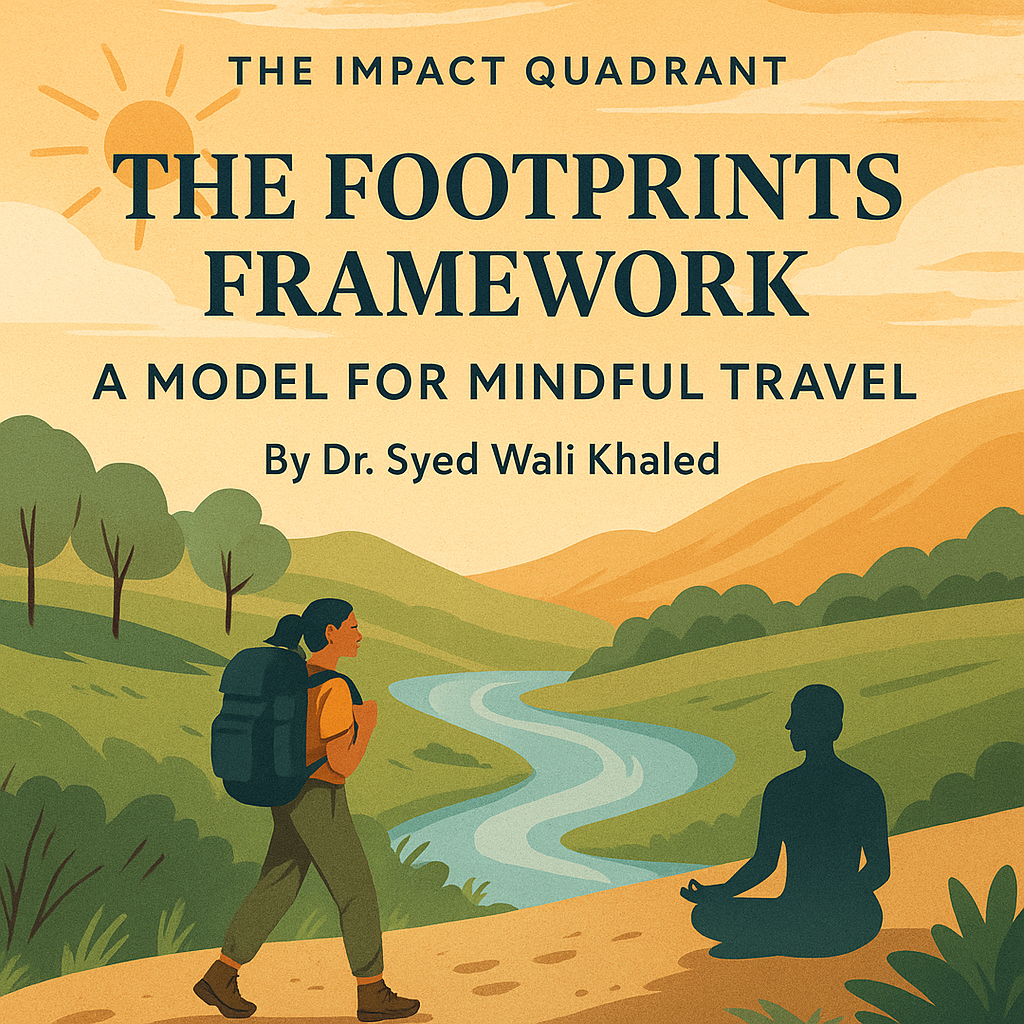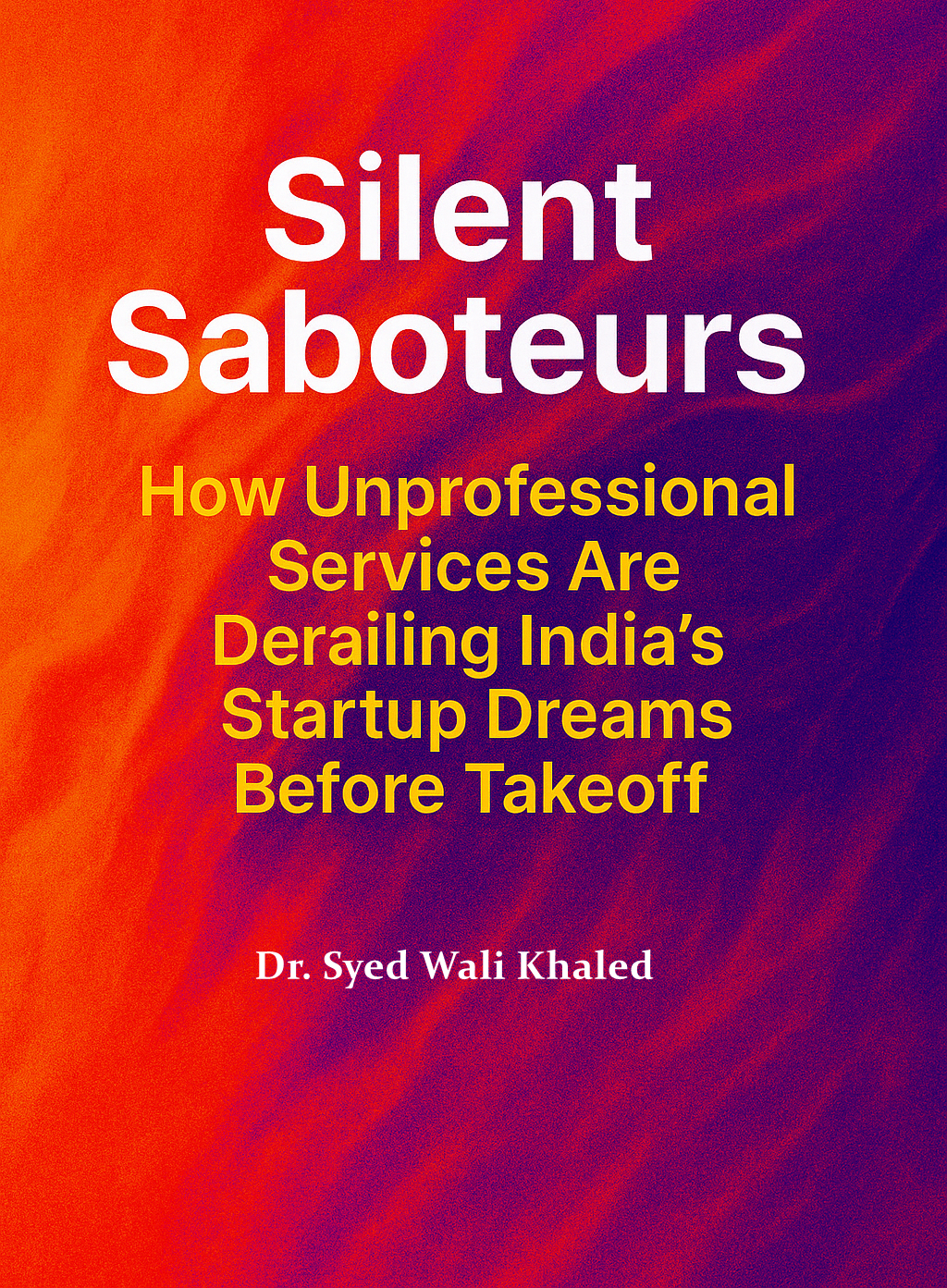By Dr. Syed Wali Khaled
The tourism, hospitality, and events industry is a dynamic and ever-evolving sector, playing a crucial role in the global economy. However, this industry is facing significant skill gaps that hinder its growth and efficiency. As the industry evolves, the need for a skilled workforce becomes even more critical. In this article, we delve into the prevalent skill gaps in the tourism, hospitality, and events industry and explore ways to bridge these gaps to ensure sustained growth and excellence.
The Growing Demand for Skilled Professionals
The tourism, hospitality, and events industry requires a diverse set of skills to meet the increasing demands of today's travellers and event-goers. From customer service and digital literacy to crisis management and sustainability, the skills required are vast and varied. However, the current workforce often falls short in meeting these demands, leading to a significant skill gap.
Key Skill Gaps in the Industry
- Digital Literacy and Technological Proficiency
- Current Scenario: With the rise of digital platforms and technological advancements, the industry is increasingly reliant on digital tools for operations, marketing, and customer service.
- Skill Gap: Many professionals in the industry lack the necessary digital literacy and technological proficiency to effectively utilize these tools, leading to inefficiencies and missed opportunities.
- Solution: Training programs focused on digital skills, including social media management, data analytics, and the use of advanced reservation and customer relationship management (CRM) systems, are essential.
- Customer Service Excellence
- Current Scenario: Exceptional customer service is the backbone of the tourism, hospitality, and events industry. However, the fast-paced nature of the industry often results in inconsistent service quality.
- Skill Gap: There is a shortage of professionals who possess strong interpersonal skills, emotional intelligence, and the ability to handle diverse customer needs and expectations.
- Solution: Comprehensive training in customer service, communication, and conflict resolution can help build a workforce capable of delivering consistent and high-quality service.
- Sustainability and Environmental Awareness
- Current Scenario: Sustainable practices are becoming increasingly important as travellers and event-goers prioritize environmentally friendly options.
- Skill Gap: Many industry professionals lack knowledge and expertise in sustainable practices and environmental management.
- Solution: Incorporating sustainability into training programs and encouraging certifications in eco-friendly practices can help bridge this gap.
- Crisis Management and Adaptability
- Current Scenario: The COVID-19 pandemic highlighted the need for effective crisis management and adaptability in the industry.
- Skill Gap: There is a deficit of skills related to crisis management, including risk assessment, contingency planning, and rapid adaptation to changing circumstances.
- Solution: Specialized training in crisis management, including simulations and real-world scenarios, can prepare professionals to handle crises effectively.
- Multicultural Competence and Language Skills
- Current Scenario: The global nature of the industry requires professionals to interact with individuals from diverse cultural backgrounds.
- Skill Gap: There is a lack of multicultural competence and language skills, which can lead to misunderstandings and a subpar experience for international clients.
- Solution: Language training and cultural competence workshops can enhance professionals' ability to connect with and serve a diverse clientele.
- Leadership and Management Skills
- Current Scenario: Effective leadership and management are crucial for the smooth operation of tourism, hospitality, and event organizations.
- Skill Gap: Many professionals lack essential leadership and management skills, such as strategic planning, team building, and decision-making.
- Solution: Leadership development programs and mentorship opportunities can help cultivate strong leaders who can drive the industry forward.
Bridging the Skill Gaps
To address these skill gaps, it is imperative for industry stakeholders, educational institutions, and training providers to collaborate and develop comprehensive training programs. Here are some strategies to bridge the skill gaps:
- Industry-Academia Collaboration: Establish partnerships between industry and academia to create curriculum and training programs that align with industry needs.
- Continuous Learning and Development: Encourage continuous learning and professional development through workshops, certifications, and online courses.
- On-the-Job Training and Internships: Provide hands-on training and internship opportunities to allow professionals to gain practical experience.
- Emphasis on Soft Skills: Focus on developing soft skills, such as communication, empathy, and problem-solving, alongside technical skills.
- Utilization of Technology: Leverage technology to offer virtual training programs and simulations that provide real-world scenarios.
Conclusion
The tourism, hospitality, and events industry is at a critical juncture where addressing skill gaps is essential for its growth and sustainability. By focusing on comprehensive training and development, we can build a skilled workforce capable of meeting the demands of this dynamic industry. At Incredible Life Academy, we are committed to providing the necessary training and resources to bridge these skill gaps and empower professionals to excel in their careers.
Stay tuned to our blog for more insights and updates on how we continue to support the growth and development of the tourism, hospitality, and events industry.
For more information on our training programs, visit [Incredible Life Academy](https://www.theincredible.life/).



